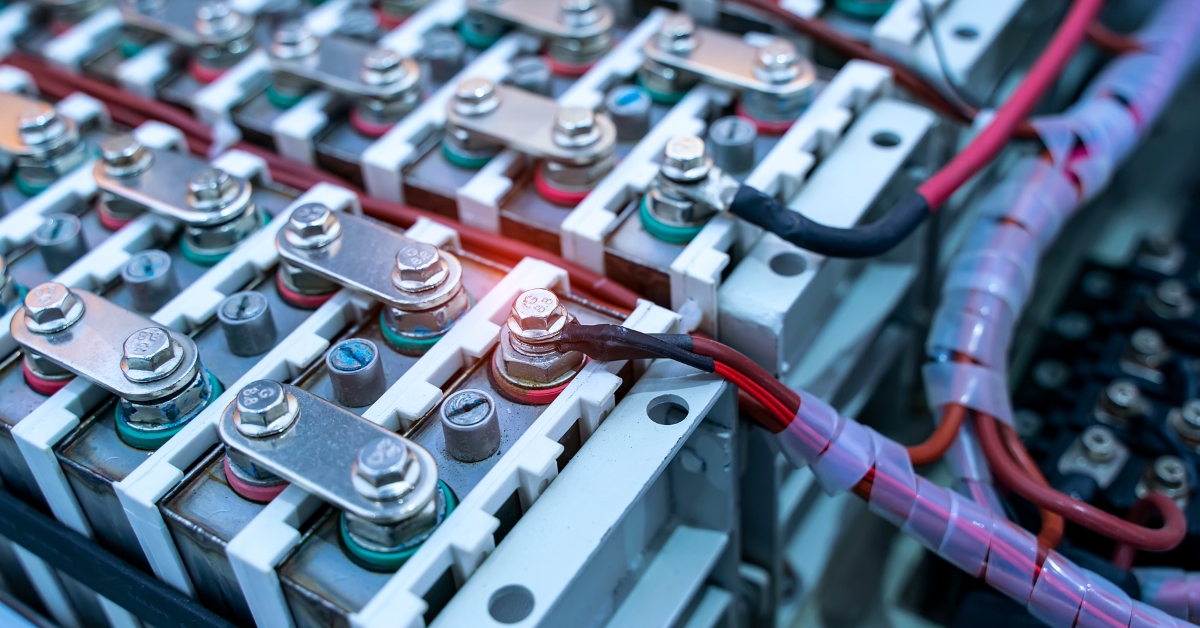
Electric Vehicles Have Many More Problems Than Gas-Powered Vehicles
As the automotive industry races toward a future dominated by electric vehicles (EVs), a recent report from Consumer Reports sends shockwaves through the narrative, revealing that EVs, on average, suffer from nearly 80% more problems than their internal combustion engine counterparts. The report highlights a critical reliability gap that could shape the trajectory of the electric revolution.
In a surprising twist, plug-in hybrid electric vehicles (PHEVs) fare even worse, boasting an alarming average of almost 150% more issues than traditional gas-powered cars. These findings challenge the prevailing narrative of EV superiority, prompting a reevaluation of their readiness for widespread adoption.
Consumer Reports’ reliability report is based on a comprehensive survey of its members, encompassing more than 330,000 vehicles produced between 2000 and 2023. The study identifies battery and charging systems as the primary culprits behind EV owners’ woes, revealing a sector grappling with the challenges of perfecting cutting-edge power systems. The report suggests that these issues are merely “growing pains,” part of the natural evolution of a nascent technology.
Jake Fisher, Senior Director of Auto Testing at Consumer Reports, frames the findings as a tale of “working out the bugs and the kinks of new technology.” While EV manufacturers learn to navigate the intricacies of their revolutionary power systems, the report anticipates an eventual improvement in the overall reliability of electric vehicles.
Despite the optimism about future advancements, the report underscores a present reality: EVs face skepticism from potential buyers concerned not only about reliability but also about higher maintenance costs, insufficient charging infrastructure, and prolonged charging times.
Plug-in hybrid electric vehicles, combining internal combustion engines with electric drives, emerge as a particularly problematic category due to their inherent complexity. With more components comes a higher likelihood of malfunctions. Consumer Reports rates PHEVs across 20 problem areas, and the results reveal a susceptibility to every conceivable issue, from squeaky brakes to EV charging complications.
However, the study identifies bright spots even in this troubled category, acknowledging PHEVs like the Toyota RAV4 Prime and Kia Sportage for their above-average reliability. Additionally, the BMW X5, Hyundai Tucson, and Ford Escape secure average reliability scores, offering a glimmer of hope amid the broader reliability concerns.
As the automotive landscape evolves, the report suggests that reliability issues may become a stumbling block for potential EV adopters, compounding existing reservations about cost, charging infrastructure, and charging times. With the future of transportation hanging in the balance, the electric vehicle industry must address these challenges head-on to secure its place in the mainstream automotive market.














